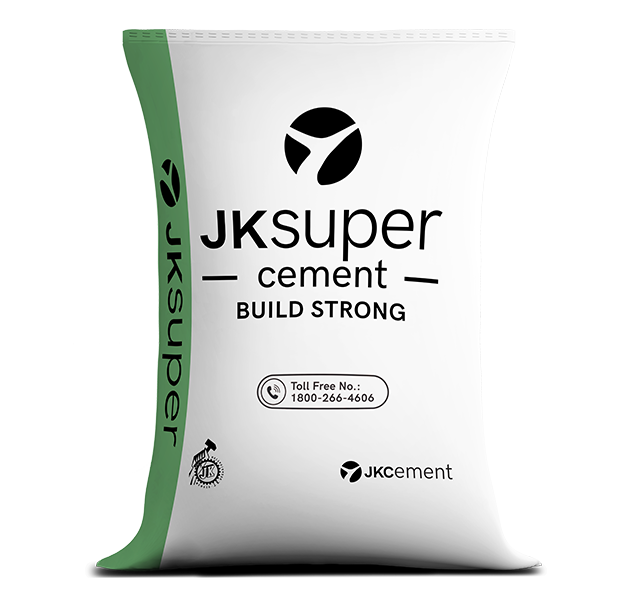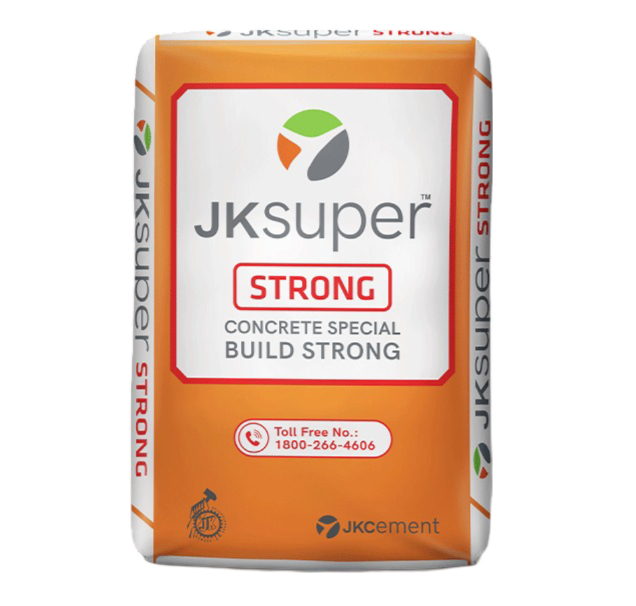A well thought out plan ensures that your dream home aligns with your financial capabilities and responsibilities. It meets your lifestyle needs and provides a sound investment for the future. It also helps you avoid costly mistakes, navigate the complex home-buying process and make adjustments as needed to ensure your dream home becomes a reality. Hence financial planning for your dream house is of utmost importance.
Financial Planning Tips to Help You Buy Your Dream Home
Buying a home is a significant financial commitment and careful planning is essential. To help you achieve your dream, here are some money saving tips to buy a house.
Start Early
You should begin planning and saving for your dream home as early as possible. The sooner you start, the more time you have to accumulate funds for the down payment of your property and other expenses. Additionally, saving a significant amount for the down payment will help you secure a better mortgage deal and reduce the loan amount.
Automate Savings
If you wish to buy your dream house in future, set up automatic transfers from your salary or current account to a separate savings or investment account. This will help you save consistently without the temptation to spend the saved-up money.
Track Your Expenses
You must keep a detailed record of your expenses. In order to help you identify unnecessary spending and areas where you can cut back. On top of that, you could consider using budgeting apps or spreadsheets to track your expenses regularly.
Limit Impulse Buys
Before making a purchase, take some time to evaluate whether it is a necessity or an impulse buy. Sometimes, delaying non-urgent purchases can prevent impulsive spending. Thus, saving money for your dream house is much easier.
Diversify Investments
For relatively higher returns, you could spread your investments across different asset classes such as stocks, bonds, real estate and mutual funds. Diversification can help minimise risk and maximise returns over the long term.
Budgeting
You must analyse your income, expenses and savings to create a realistic budget. You could determine how much you can afford to set aside each month for your home purchase.
Prioritise Debt Repayment
If you have any existing debts, such as student loans, credit card debt or any other form of loan, prioritise repaying them first. This will reduce your debt burden, which will eventually improve your financial stability and increase your borrowing capacity.
Improve Credit Score
You must maintain a good credit score by paying bills on time, limiting excessive credit card usage and avoiding new debts. A higher credit score will help you qualify for relatively better loan terms and comparatively lower interest rates.
Research Loan Options
You should always research different home loan options and compare their interest rates, terms and eligibility criteria. You could also consider seeking pre-approval to understand your borrowing capacity and streamline your home search.
Factor in Additional Costs
It is essential to account for additional costs involved in homeownership, including property taxes, insurance, maintenance expenses and other closing costs. Budgeting for these expenses will prevent financial strain after buying your dream home.
Review Subscriptions and Memberships
You should regularly review your subscriptions and memberships to identify those that you no longer use or need. Cancel unnecessary subscriptions to reduce recurring expenses and free up some extra cash for your dream home.
Stay Informed
You must stay up to date with financial news, trends and market developments in real estate industry. Knowledge is power, and being informed can help you make better financial decisions and capitalise on opportunities, thus, making the dream of buying your own home more real.
Seek Professional Guidance
You could also consult with a financial advisor or mortgage specialist who can provide you personalised guidance based on your financial situation. They can help you make well-informed decisions and create a customised home buying plan.
Factors to Consider Before Creating Finances for a Home Loan
Now that you know how to plan money for your house, let us list down some factors to consider before saving up finances for a home loan.
Credit Score
This is the most essential factor to consider while you are financially planning for your dream house. Lenders (such as banks and other digital lending platforms) typically assess your creditworthiness which is based on your credit score. So, it is important to have a good credit history. A higher credit score can increase your chances of getting approved for a home loan and may also help you secure a comparatively lower interest rate.
Income and Employment Stability
Lenders evaluate your income and employment history to determine your ability to repay the loan. Thus, having a stable job with a consistent income can enhance your chances of loan approval. The reputation of your employer may also impact your loan approval chances. For instance, government employees or individuals working in renowned corporates may have a potentially better chances of securing a home loan.
Debt-to-Income ratio
This ratio compares your monthly debt obligations to your monthly income. It is calculated by dividing your monthly debt payments by your monthly income. Lenders may typically prefer borrowers with a relatively lower debt-to-income ratio, as it indicates a much lower risk of default. You could evaluate your existing debt and ensure that your debt-to-income ratio is within acceptable limits or not.
Down Payment
Saving up for a down payment is crucial while applying for a home loan. A higher down payment can help you secure a home loan on more favourable terms and reduce the amount of money you need to borrow from the banks. Lower loan amount means relatively lower interest amount and consequent lower EMIs.
Interest Rates and other Terms of the Home Loan
You should assess the prevailing interest rates and loan terms offered by different lenders, including repayment period and any additional fees or charges associated with the loan. It is essential to know how they can affect your monthly mortgage payments. This is because higher interest rates can result in higher overall loan costs.
Loan options
You must also understand the various types of home loans available, such as fixed-rate loans, floating-rate loans and government-backed subsidised loans. Each option has its pros and cons. So, choose the one that aligns with your financial goals and risk appetite.
Additional costs
You could consider the additional costs associated with buying a home, such as property taxes, homeowners’ insurance, closing costs, municipal taxes and maintenance expenses from time to time. It is necessary to factor these costs into your financial plan to ensure you can afford such expenses in future.
Budget
You must decide your budget by assessing your current income, expenses and savings to estimate how much you can comfortably allocate towards the monthly Equal Monthly Instalments (EMI) payments of your dream house.
Loan term
You should consider the length of the home loan term as per your financial capability. A shorter term may result in higher monthly payments but lower overall interest costs, while a longer term may have lower monthly payments but higher interest costs over time.
Home inspection
You could arrange for a home inspection before purchasing a property. This can help identify any potential issues or repairs that may affect your financial commitment to the house.
Financial reserves
You could build up a financial reserve or emergency fund to cover unexpected expenses that may arise after purchasing a home. Therefore, having this cushion can provide a peace of mind and financial stability to your life.
Whether you want to move into a flat or build your own house, a home loan has you covered. If you opt for the latter, you’d need a trusted cement manufacturer like JK Cement. Get access to superior house construction cement to build a stronger and more durable future.
FAQs
When should I start planning and saving for my dream home?
It is advisable to start planning and saving for your dream home as early as possible. The sooner you start, the more time you have to gather funds for the down payment and other expenses.
How can I automate my savings for buying a house?
You can set up automatic transfers from your salary to a separate savings or any investment account. This helps you save consistently without the desire to spend the money saved up for your dream home.
Why is it important to diversify my investments while saving for a home?
Diversifying investments across different asset classes such as stocks, bonds, real estate and mutual funds can help minimise risk and maximise returns over the long term, potentially accelerating your savings for a dream home.
How can I improve my credit score while saving for a home loan?
You must maintain a good credit score by paying bills on time, limiting excessive credit card usage and avoiding new debts. A higher credit score can help you qualify for better loan terms.
What factors should I consider when researching for home loan options?
When researching home loan options, consider factors such as interest rates, terms and eligibility criteria. Comparing different lenders and seeking pre-approval can help you in understanding borrowing capacity and streamlining your dream home search.
Why is it important to factor in additional costs when saving for a home loan?
It is essential to account for additional costs involved in homeownership, including property taxes, insurance, maintenance expenses and other costs. Additionally, budgeting for these expenses ensures you can handle the overall financial responsibilities of owning a home.














